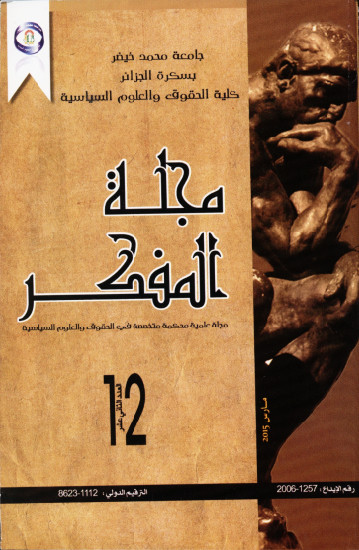فلسفة الاقتصاد الإسلامي كإستراتيجية بنائية لتنمية مستدامة في العالم الإسلامي
Résumé
The development needed in the Islamic world should not be limited to a single continuous increase real ambition for real social divider capita, but must be accompanied by structural reforms and structural imbalances affecting the underdeveloped economies, which paralyzes its ability to take off. The accuracy of these imbalances also requires correction in case of passive integration with industrialized countries and require should amend the site in the international division of labor; it can not achieve sustainable self-development, leadership and objectives under the subordination of the economy to the models of the international division of labor, makes it the contract for the disposal of products built and equipped for commodity is not just.
All these changes in the quantity and quality of economic life is not enough to achieve the desired development, which this development were not humanitarian goals and community affiliation, man is the goal of development before it is its means, do not tell the whole economic growth does not take into account the human and social dimension, and here the human Development presented a set of indicators and targets chosen to be continued, the fight against poverty and achieve efficiency and mass education and the inclusion of health care and access to training and rehabilitation and facilitate integration and social security, and to broaden the base of the resolution and increasing the participation of the masses, all bands that ensure sustainable development work vigorously for the economies of the growth of underdeveloped slopes and upgrading, and the unfortunate attempt, the article disclosed.


